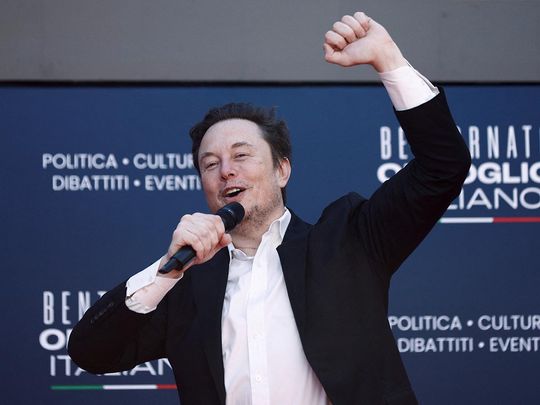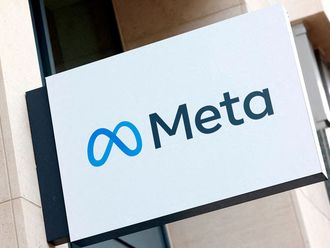
Elon Musk's artificial intelligence company, xAI, has secured $500 million in commitments from investors toward a $1 billion goal, according to people with knowledge of the talks.
The company is discussing a valuation of $15 billion to $20 billion, though terms could still change in the coming weeks, the people said, declining to be named because they were not authorized to speak publicly about the investment. Musk said on X, the network formerly called Twitter, that the report was "fake news."
Musk launched the startup last year as an alternative to Open AI, which he co-founded and later left over philosophical differences about how to profit from the technology. xAI's product, a chatbot named Grok, is developed using social media posts on X, which Musk also owns. That allows Grok to access more recent data for its answers than other chatbots.
The two companies' investors will likely overlap too.
Those who backed Musk's $44 billion takeover of Twitter include Larry Ellison, Sequoia Capital, Andreessen Horowitz, Fidelity Management & Research Co. and Saudi Prince Alwaleed bin Talal.
Musk said in November that equity investors in X will own 25% of xAI. In practice, that means those investors are invited to invest in xAI at least 25% the amount they invested in X, according to a person with knowledge of the arrangement. If they invested $10 billion in X, they're invited to invest $2.5 billion or more in xAI, for example.
Musk and investors are expected to finalize terms in the next couple weeks, the people said.
Some parties are evaluating whether they can get computing power in addition to, or in some cases instead of, xAI equity shares, one of the people said. That would be beneficial to venture firms' portfolio companies, which need to process data intensively in order to build new artificial intelligence products.












